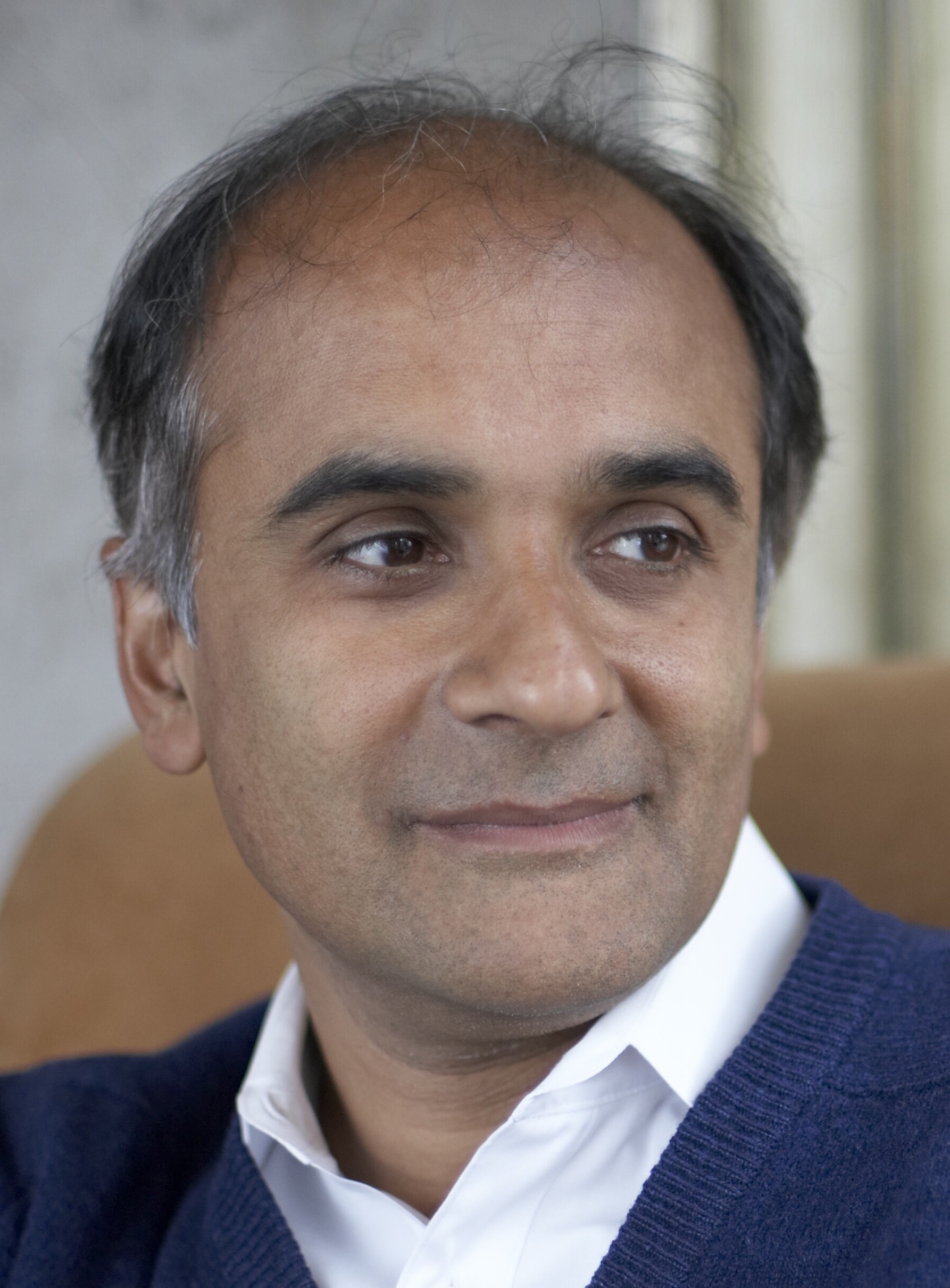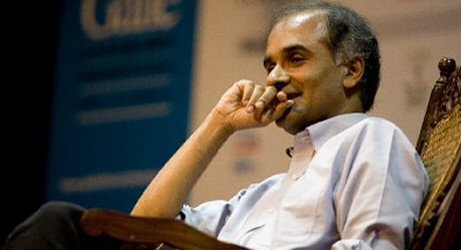

They offer a much more democratic form of travel that many more people can enjoy-more and more of the world is an honorary resident of New York or Los Angeles, in that sense (often with tragic results, especially if they try to come to those countries in life).īut the place you wrote about yesterday will not be the same today. Books are a form of travel as much as travels are a form of text. Travel is only interesting to me in its inner effects, and the kind of transformations that can potentially come in the comfort of one's own home-and it's no coincidence that many of the great physical travellers are also great readers. I'm most interested in the kinds of journeys that can be made while sitting still. How do book journeys compare to geographic journeys?

In my next book, out next spring, I have a whole chapter on jet lag as a foreign land that no human had visited till forty or so years ago, but one where more and more of us spend more and more of our lives. Travel-writing, like fiction or poetry, has to take on new forms to deal with a new kind of world. The world is constantly in flux, there is never a shortage of new places to explore and come upon for the first time.

There are always uncharted places to discover and record: Iraq right now for example is in many ways a new country.

The only reason to write something, and inflict all those words on a reader and all those long hours at the desk on oneself, is if one can contribute something new that hasn't been covered already.īut what purpose does it serve in a world that has become smaller? But there was something new going on-a fresh kind of exoticism-in the ways the East was taking in the West that seemed to speak to a whole new global culture. In Video Night, I felt that there was nothing I could add to the wonderful accounts that writers more accomplished than I had offered. In a way they offer a pair of spectacles as subjective and distorted as any other, but allow you to think about the world in a special way. I think that travel books of the kind you mention are the opposite of guidebooks, in that they don't tell you what to see, but how to see. In this virtual interview, Iyer talks among other things about the book, Video Night in Kathmandu, that made him (and Kathmandu) famous.Ījit Baral: What purpose do travel writings such as The Great Railway Bazaar or Video Night in Kathmandu primarily serve? Aren't they just better written Lonely Planet Guides? Educated at Eton, Oxford and Harvard, he later joined Time in New York, to sit in little cubicles and "write palpitating, breathless accounts of foraging my way through the Philippines jungles or ascending the Andes to find the Sendero Luminoso without ever having been to those places and without knowing what they look like".Ījit Baral recently caught up with Pico Iyer in his travels through cyberspace. Born in England to Indian parents, he moved at the age of seven to California where he did his schooling.


 0 kommentar(er)
0 kommentar(er)
